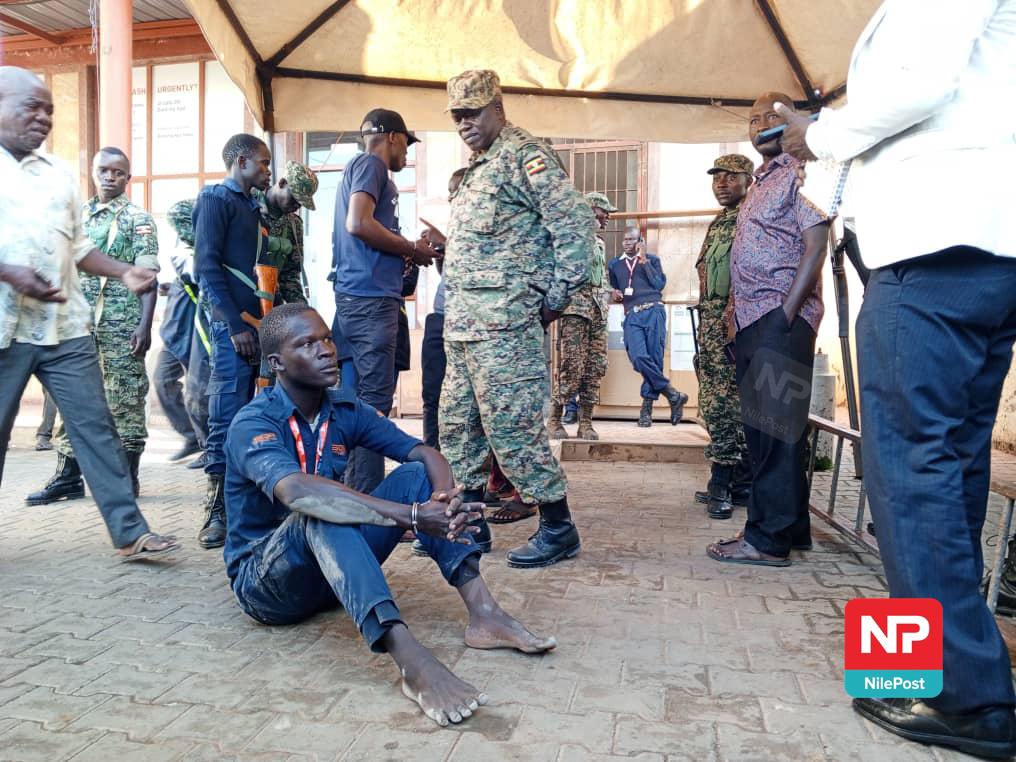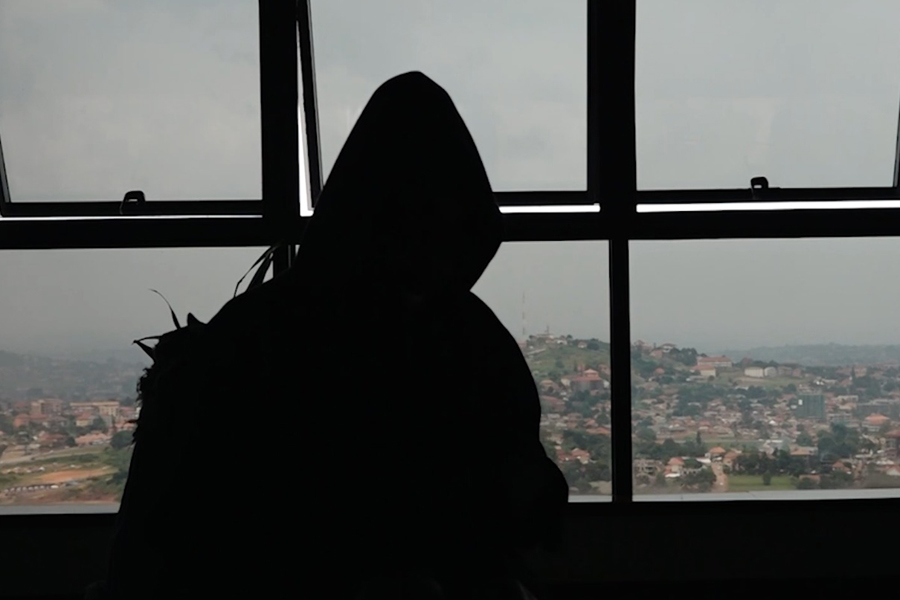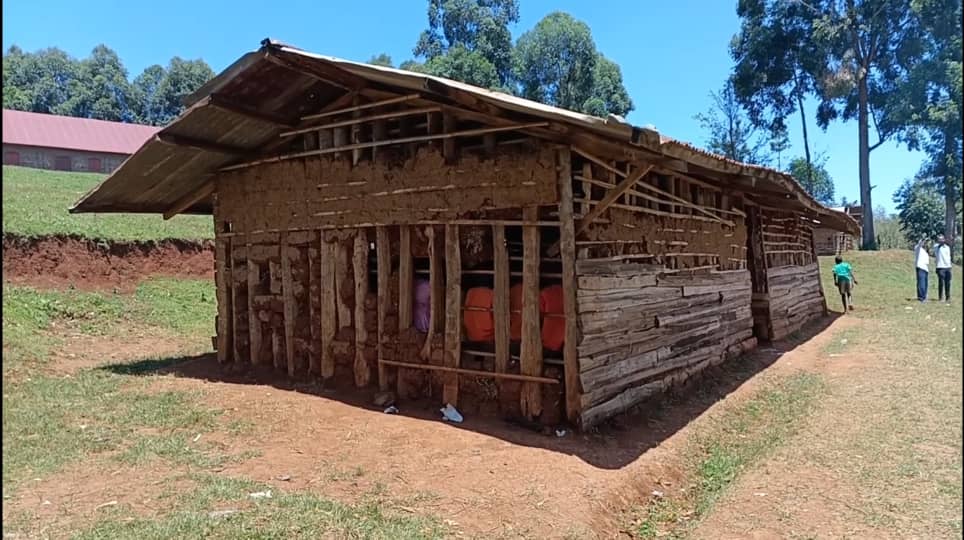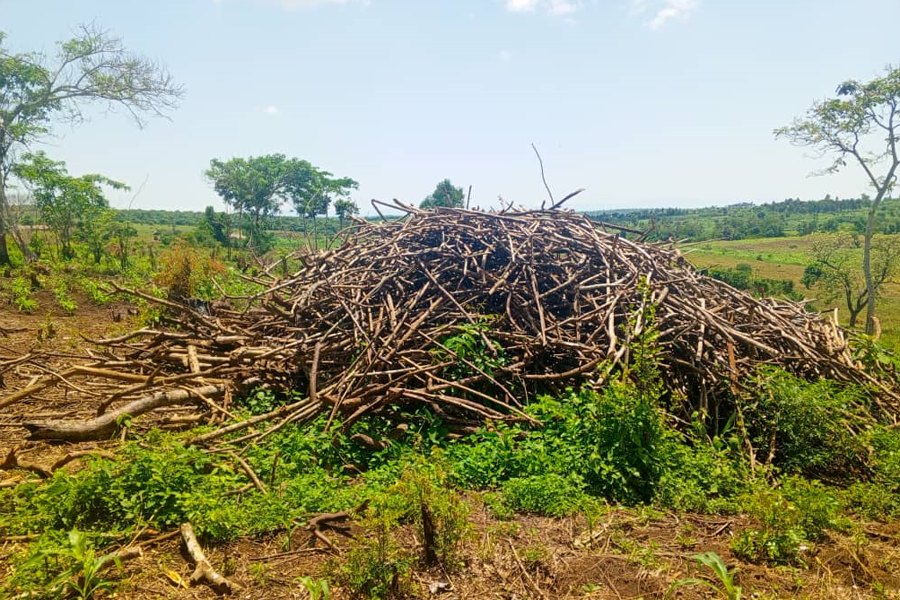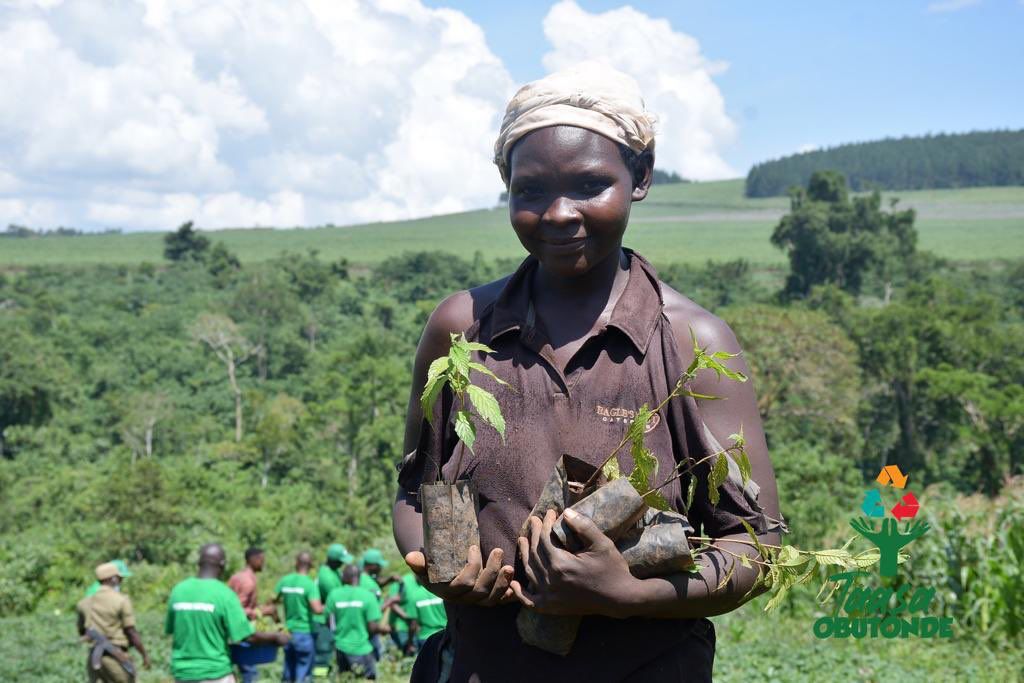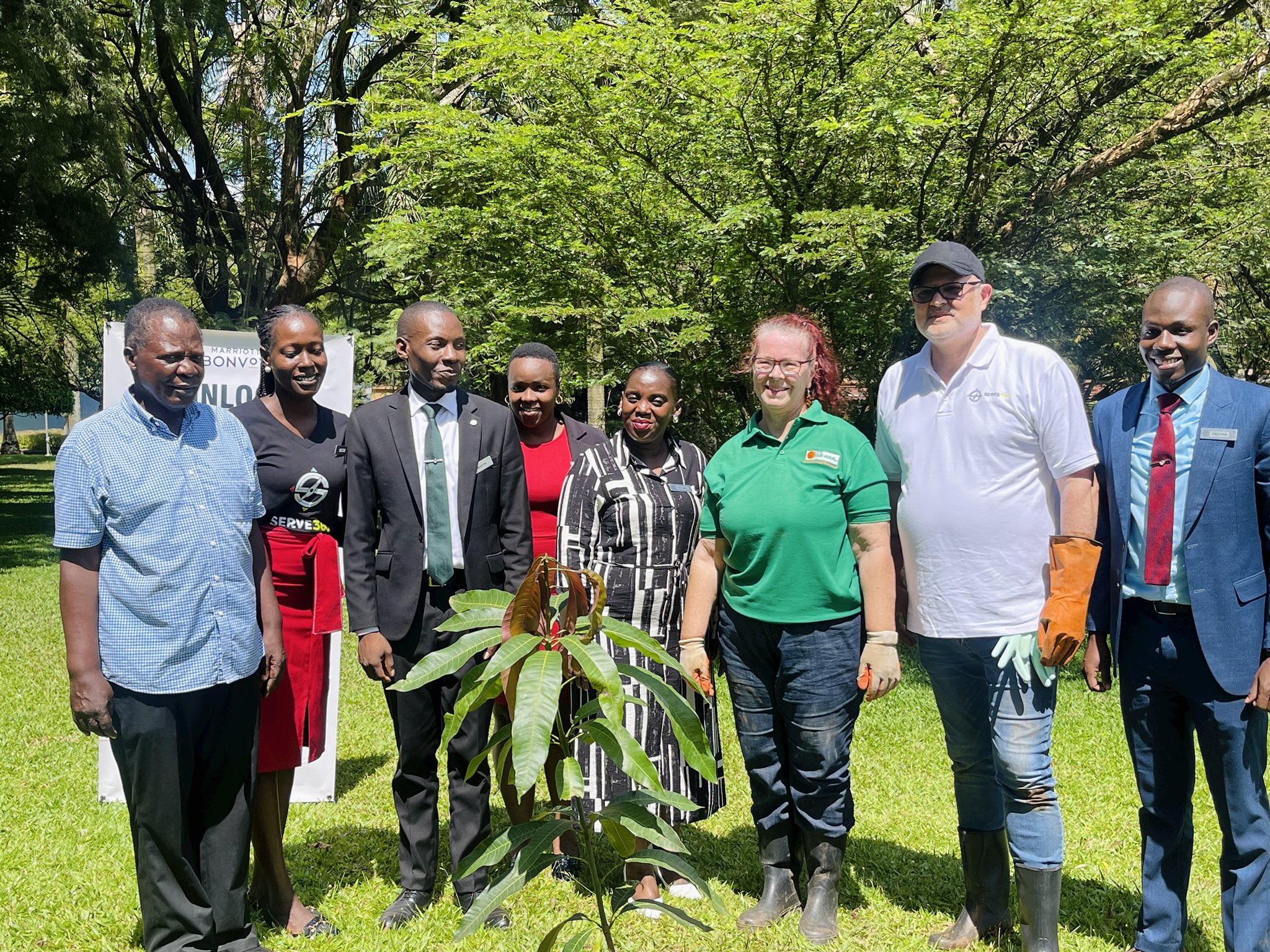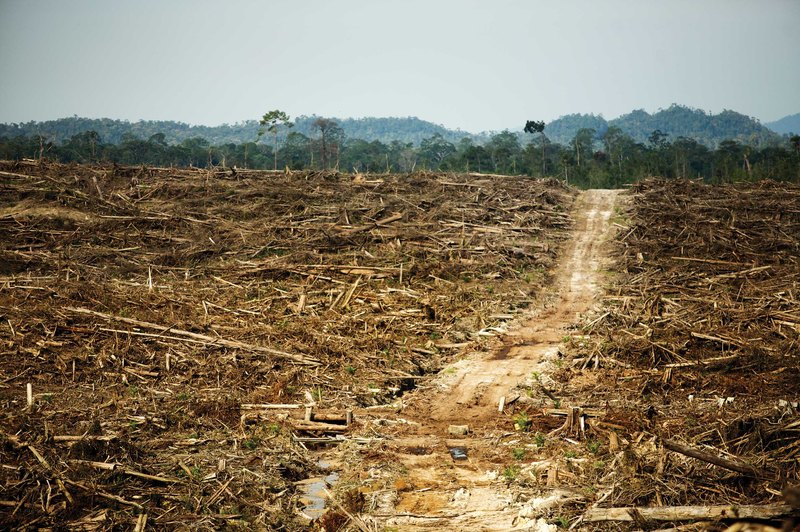KCCA outlines plans for universal access to safe sanitation as it launches new cesspool trucks
Kampala Capital City Authority (KCCA) has outlined plans to have equitable and universal access to safely managed sanitation and hygiene in the city by 2030 as it intensifies its focus on sanitation and hygiene.
This will be achieved through the establishment of a robust citywide environmental management coordination, regulation monitoring, and pollution management system, a responsive community-based and public health surveillance.
Education system, an increase in safely managed municipal waste from 50% to 80% by 2025, and an increase in safely managed faecal sludge from 60% to 80% by 2025 will also greatly help in achieving this dream.
“The proper collection, transport, safe disposal, and treatment of the faecal sludge is critical. The additional cesspool trucks are expected to contribute significantly to addressing this challenge,” KCCA Dorothy Kisaka said during the launch of the new garbage and cesspool trucks to improve solid waste management.
The new silt collection trucks launched by KCCA are expected to contribute to improving drainage and deterring flooding in the communities.
Flooding is another significant challenge, especially in the rainy seasons, with encroachment on wetlands and indiscriminate littering of garbage and plastic waste among the contributing factors.
“KCCA has been working to improve the collection rate for solid waste, which has increased from 35% in 2016 to 59% in 2023, through collaborations with the private sector,” she revealed.
“Our strategy is to ensure every parish in the city has its own garbage collecting truck,” Kisaka said, adding, “as it is now the new equipment will increase the existing fleet of trucks from 12 to 22, with each division having at least four garbage compressor trucks, one skip loader truck, one cesspool emptier and one tipper truck.
She revealed KCCA’s plans on the newly acquired landfill in Dundu Mukono. “Recently, we acquired 135 acres of land in Dundu Mukono to setup a waste recycling plant and relieve the Kiteezi Landfill,” she said, adding, “In collaboration with the Ministry of Health, a medical waste handling facility is being setup there, occupying 5 of the 135 acres. This facility is now at roofing stage.”
The grand plan for KCCA at the Dundu recycling and dumping site is to build access roads, fence of the site, install utilities, and build office blocks, waste treatment and at least one working face/landfill cell.
Kampala Lord Mayor Erias Lukwago who stressed the importance of having a truck for every parish and acknowledged public concerns about the lack of adequate garbage collection tools.” The authority needs a sufficient budgetary vote budget for sanitation and hygiene,” said the
There are 99 parishes in Kampala and the city currently generates 2,500 tonnes of waste daily.
He said that the efforts to sort out the sanitation challenge is currently not well institutionalised with no funding and heavy reliance on donations and support from individuals like Bill Gates and Bloomberg, whom he often has to go begging for funding as was the case recently in Abidjan.
He called on the government to walk the talk and provide funding for the City's initiatives, like the commissioning of a new modern dump site at Dundu Mukono and Policy of having at least one garbage truck per parish to effectively sort out the Sanitation challenge.
He assured all the sanitation workers of security of tenure adding that none shall lose their job in implementation of a new policy to award city cleaning contracts to community-based teams, a position that was reiterated by the Executive Director.
KCCA employs over 4000 frontline workers who carry out street sweeping, drainage de-silting and other solid waste management activities.
This new equipment is a much needed ‘short-in-the-arm’ in KCCA’s efforts to improve the City’s sanitation.
There was unanimity across both the political and technical leadership regarding the welfare and job security of the thousands of frontline workers who confront the city sanitation and hygiene challenge on a daily- majority of them women and youths.


